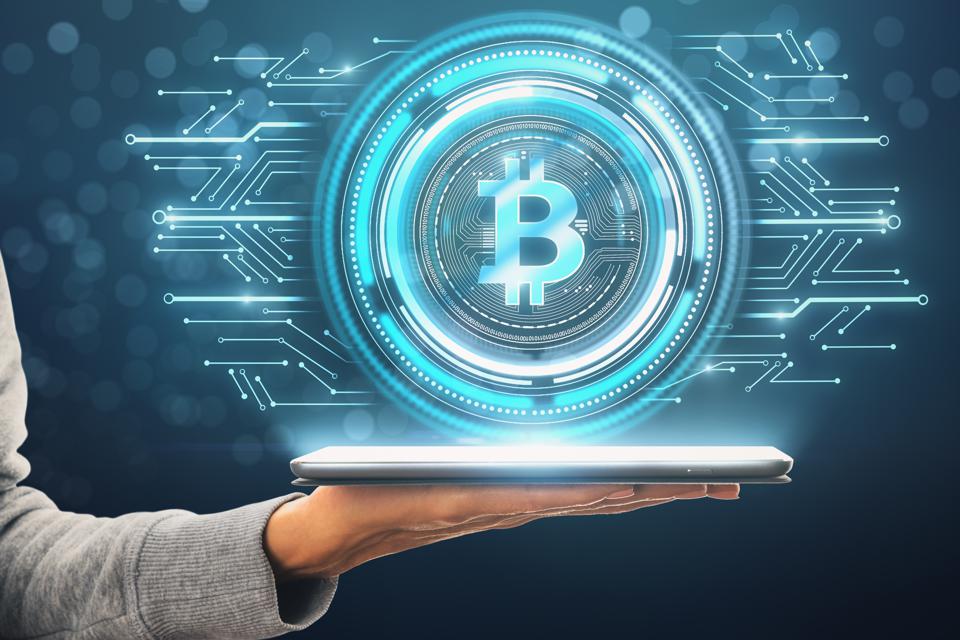Wondering whether Bitcoin has any rules? Then find out the fundamental laws of using Bitcoin.
Bitcoin is a decentralized currency for daily transactions and long-term investments. That means it does not have any central entity or individual that regulates its usage. Instead, Bitcoin gives its users collective control over the network. However, all its operations, including creating new coins and payments, run on the Bitcoin protocol.
The Bitcoin protocol is mainly a set of cryptographic instructions that stipulate how the network and its native currency operate. While developers can improve the software, they cannot change the Bitcoin protocol forcibly. Bitcoin works on a consensus among all users, making it virtually impossible for anyone to manipulate it. The following are the primary rules of Bitcoin to keep in mind.
Anyone Can Join the Bitcoin Network
In the early days of Bitcoin, most people criticized it as a currency created by and for a handful of wealthy and tech-savvy individuals. But, that’s untrue because Bitcoin is a decentralized currency, not controlled or regulated by any individual or group. Anyone with a smartphone, computer, or tablet and internet access can join the Bitcoin network.
Unlike the traditional institutions that usually impose strict KYC rules, the Bitcoin network does not reveal users’ real-world identities. Public addresses are the only form of identification that users can set up using aliases. Bitcoin usage only requires a crypto wallet, which you can download online even for free without any paperwork.
Bitcoin enables corporations, businesses, and individuals to send and receive payments without having their names tied to any transaction. It seeks to eliminate the governments’ control over money, giving the public the autonomy to manage their wealth. Bitcoin has demonstrated a tremendous potential to democratize monetary systems despite growing regulatory pressures.
Bitcoin is a Means of Payment and an Investment Asset
Satoshi Nakamoto’s primary goal was to create an alternative transaction currency, free from government control. Bitcoin enables users to send and receive payments for various goods and services like paper currencies. It is divisible into up to eight smaller units, called satoshis. That makes it reliable money for more significant, medium, and smaller micropayments. Users can process payments directly via personal wallets or trusted crypto exchanges such as Bitcoin Motion
Bitcoin is now an independent asset class, traded daily on crypto exchange platforms and leading stock markets globally. It has outperformed all the traditional assets in the past, becoming one of the most valuable investment instruments today. Besides, Bitcoin has better resilience to inflation than most conventional assets.
Bitcoin Payments Are Irreversible
Unlike bank transfers, credit cards, or debit card payments that one can easily cancel, Bitcoin transactions are irreversible. Its underlying blockchain validates users’ public addresses and transaction data on a shared digital ledger. The records are encrypted and permanent, making it impossible to reverse payments.
Bitcoin payments’ irreversibility helps prevent issues such as double-spending, whereby one uses the same tokens for two different transactions. That protects users from fraud and other common risks involved in money transfers.
Bitcoin’s Supply is Limited to 21 Million Tokens Only
Bitcoin’s capped supply is one of the key strengths that allow it to gain and retain a higher value proposition over time. Its protocol stipulates only 21 million tokens will ever come into the market, with more than 19 million already mined. The mining occurs at a pre-determined rate, based on the Bitcoin protocol. Bitcoin’s limited supply makes it scarcer while the market demand increases, facilitating its long-term price growth.
Bitcoin is an unregulated currency and investment asset. However, it operates on clearly defined rules that users must observe to ensure seamless, secure, transparent, prompt, and low-cost cross-border transactions.
